Dental Implants
Prosthodontics (Implantology)
Dental Implants
Serves to replace a missing tooth
A dental implant is an artificial titanium root that is surgically placed into the jawbone to replace a missing tooth. It serves as a base for placing a crown, bridge, or fixed denture, restoring both the function and appearance of the lost teeth. Dental implants integrate with the bone through a process called osseointegration, providing a stable and permanent solution.
Dental Implants
Benefits
Restoration of function and aesthetics
It restores the ability to chew properly and improves the appearance of the tooth.
Durability
Implants can last for many years. In the case of dental prostheses on implants, they prevent the loss of the prosthesis and help with dental stability, eliminating the need for glue to hold the denture in place, which helps prevent gum and palate injuries. Additionally, it prevents the movement of the teeth.
When to visit the dentist?
Periodically, every 6 months: Tooth loss due to injuries, cavities, or periodontal diseases.
Dental Implants
Consequences
When teeth are missing, food is not chewed properly, which can trigger various health issues such as weight loss, digestive problems, and intestinal issues.
Phonetics change with missing teeth, and it also affects self-esteem, as tooth loss impacts aesthetics.
Problems such as denture loss or destabilization of the dental prosthesis can occur.
The absence of teeth causes the remaining teeth to shift.
What does the service include?
Local anesthesia: The dentist will determine if it is necessary to prescribe antibiotics before the procedure.
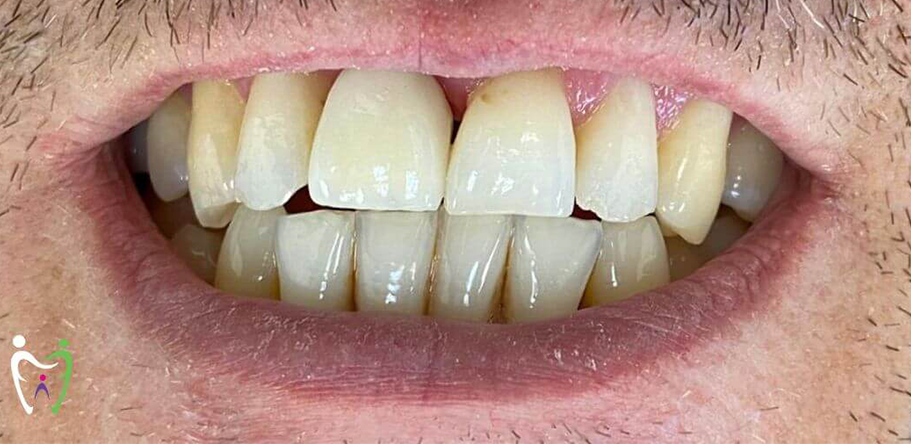 Después
Después
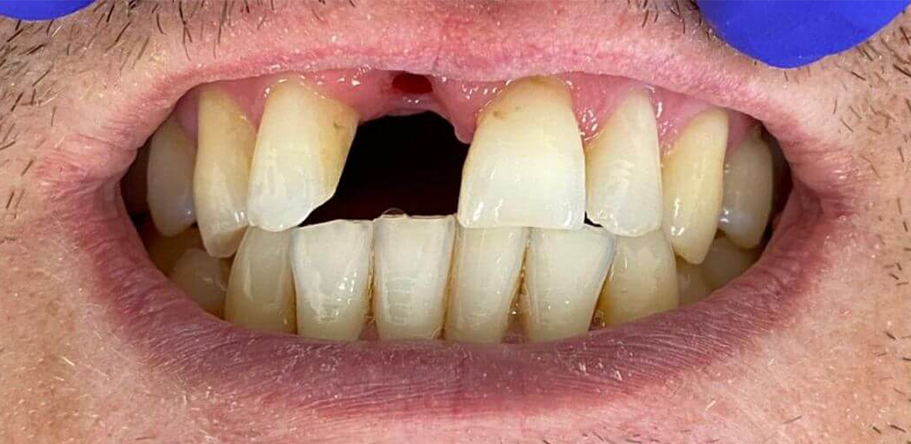 Antes
Antes
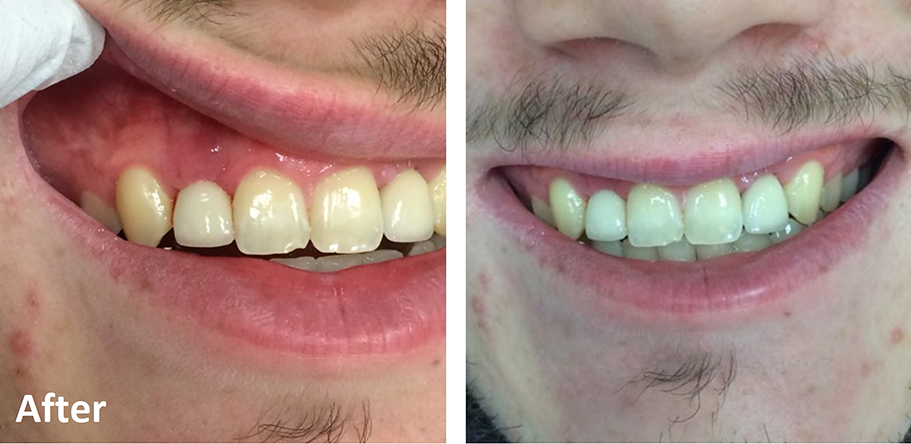 Después
Después
 Antes
Antes
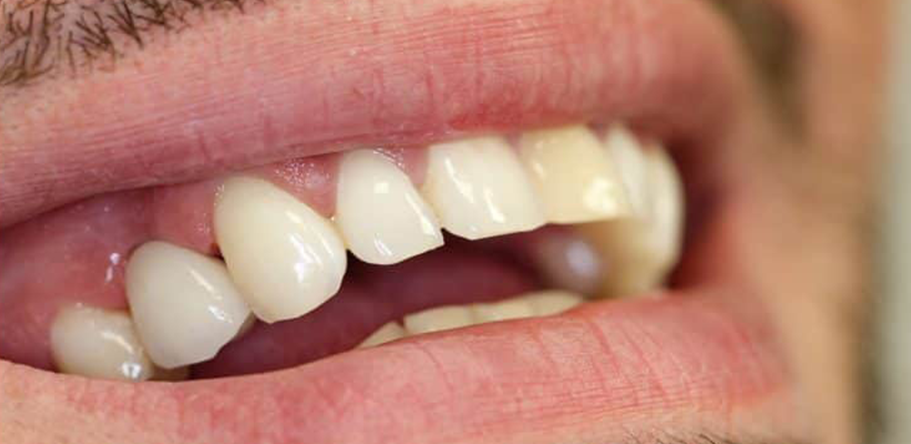 Después
Después
 Antes
Antes
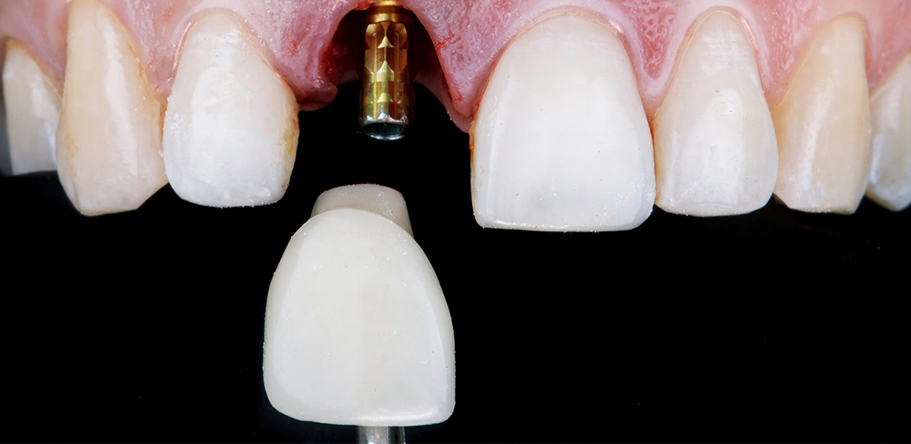 Después
Después
 Antes
Antes

